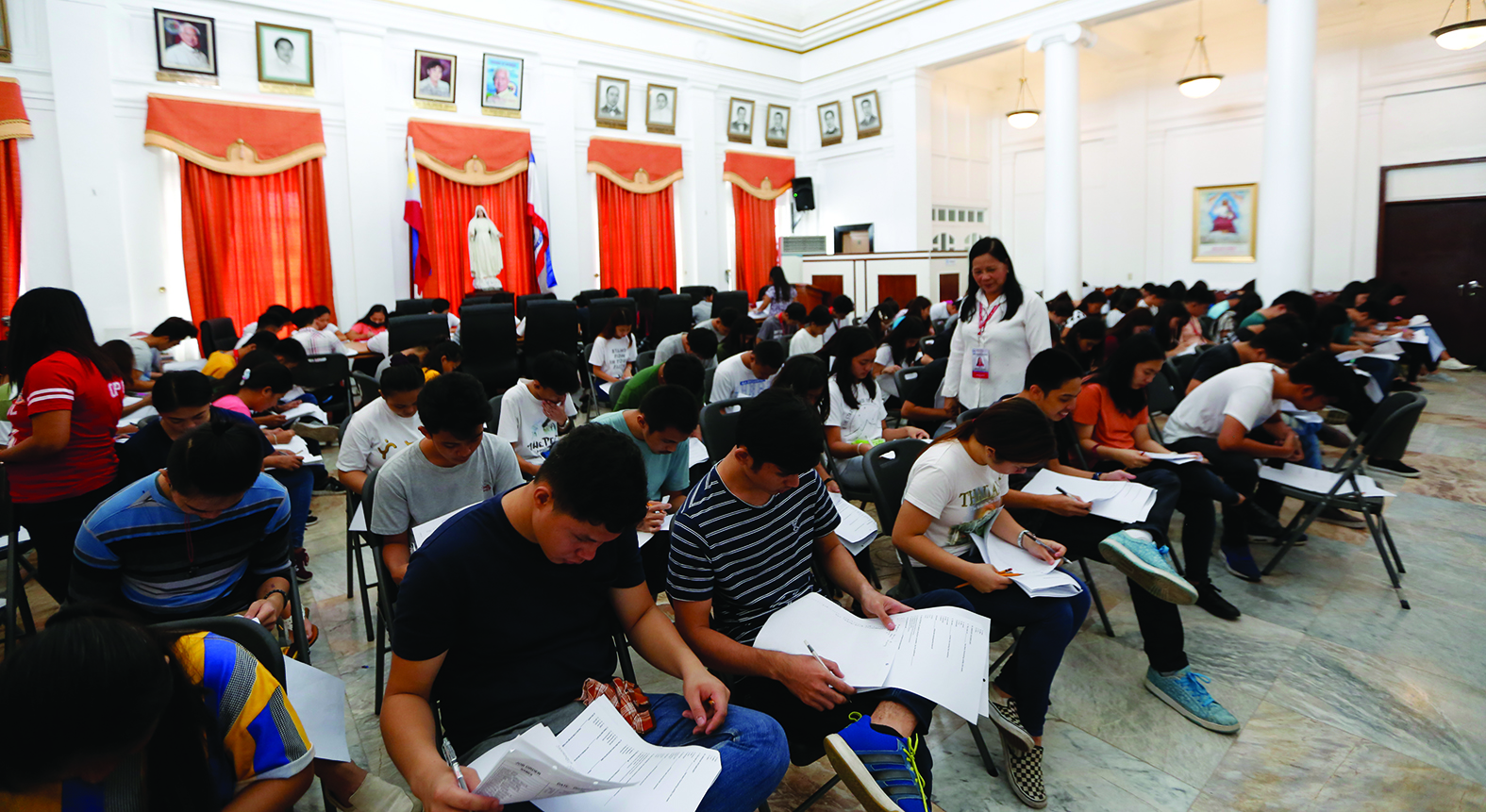The Mandanas Ruling: Continuing the fight to empower local governance

Once fully implemented, the Mandanas Ruling is set to reshape the landscape of local governance. While the Supreme Court has given its stamp of approval to this transformative initiative, Governor Hermilando “Dodo” Mandanas is quick to point out that the battle is far from over, emphasizing the need for its full and immediate implementation.
The Mandanas Ruling, named after the visionary governor himself, mandates that the “just share” of LGUs, known as the Internal Revenue Allotment (IRA), should be calculated based on all national taxes, not just the National Internal Revenue Taxes (NIRT). This move is poised to inject much-needed funds into local coffers, giving LGUs the financial muscle to undertake more projects.
“It’s really the LGUs that know their constituents the most, so we are the ones who would be able to come up with projects that benefit our people,” he said, envisioning a future where the funds are distributed to the countryside.



With increased responsibility comes enhanced means to execute projects, ranging from expanded healthcare and more scholarships for students to the development of an extensive road network.
The ruling’s significance extends beyond the immediate benefits, as it could play a pivotal role in facilitating a transition from a democratic to a federal system. By decentralizing power from the national government and granting more autonomy to LGUs, the Mandanas Ruling aligns with the principles that underlie the concept of federalism.

While celebrating the affirmation of the ruling by the Supreme Court, Governor Mandanas remains steadfast in his commitment to seeing it fully implemented.
Article continues after this advertisement“The fight continues. We’re pushing for a full implementation of the ruling as soon as possible,” he said, highlighting the ongoing efforts to ensure that the intended benefits reach every corner of the country.
Article continues after this advertisementMandanas dispels any doubts about the ruling’s advantages or any perceived downsides, emphasizing that LGUs now receive higher shares of the country’s collections. He points to a long list of programs, including basic services, which, according to the Local Government Code of 1991, should be under the management of LGUs.

“The Mandanas case is, first and foremost, a collection case. What we have achieved in the Supreme Court ruling is something that is long overdue,” he said.
“The increased budget for our province will mean more funds for social welfare, infrastructure development, and progress for everyone,” said Mandanas, underscoring the impact the Mandanas Ruling is set to have on Batangueños and the entire local governance landscape.
Kenneth M. del Rosario